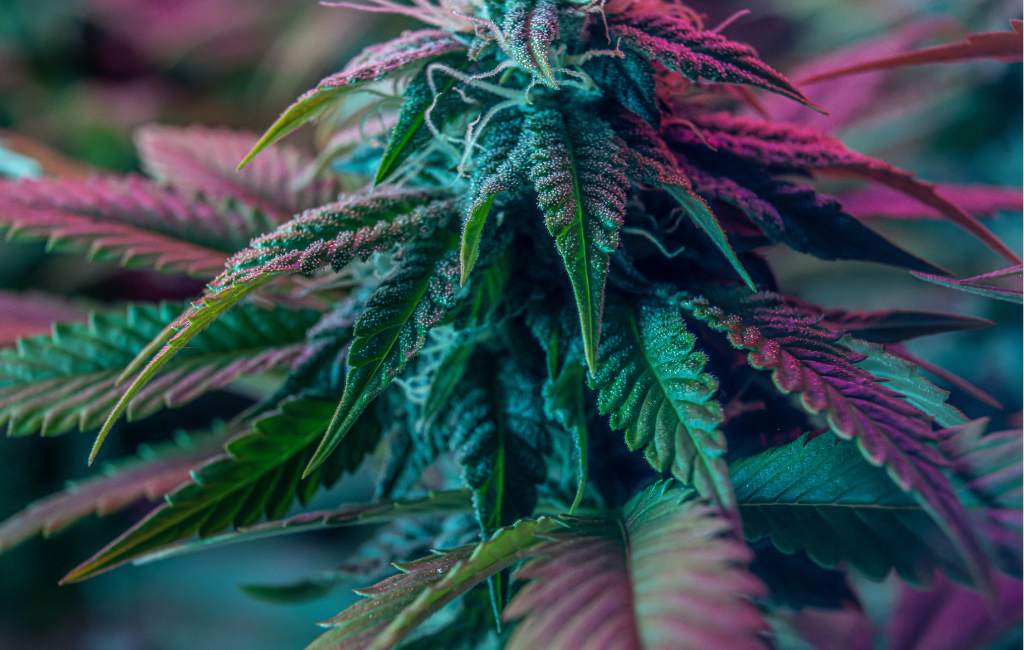-
Table of Contents
Wellness Solution THCA Flower
In recent years, the interest in natural wellness solutions has surged, with many individuals seeking alternatives to traditional pharmaceuticals. One such alternative that has gained significant attention is THCA flower. This article explores the benefits, uses, and scientific backing of THCA flower as a reliable wellness option.
What is THCA Flower?
THCA, or tetrahydrocannabinolic acid, is a non-psychoactive cannabinoid found in raw cannabis plants. Unlike THC, THCA does not produce a “high” when consumed. Instead, it offers a range of potential health benefits without the mind-altering effects.
How THCA Differs from THC
THCA and THC are chemically similar, but they differ in their effects on the body. THCA is the precursor to THC and converts to THC when exposed to heat through a process called decarboxylation. This conversion is what gives THC its psychoactive properties, which are absent in THCA.
Health Benefits of THCA Flower
Research into THCA is still in its early stages, but preliminary studies and anecdotal evidence suggest several potential health benefits:
- Anti-inflammatory Properties: THCA has shown promise in reducing inflammation, which can be beneficial for conditions like arthritis and other inflammatory diseases.
- Neuroprotective Effects: Some studies indicate that THCA may help protect brain cells, potentially offering benefits for neurodegenerative diseases such as Alzheimer’s and Parkinson’s.
- Anti-emetic Benefits: THCA may help reduce nausea and vomiting, making it a potential option for individuals undergoing chemotherapy or those with chronic gastrointestinal issues.
- Antioxidant Properties: THCA has been found to have antioxidant properties, which can help protect cells from damage caused by free radicals.
Scientific Studies and Evidence
Several studies have explored the potential benefits of THCA. For example, a study published in the British Journal of Pharmacology found that THCA exhibited anti-inflammatory and neuroprotective properties in animal models. Another study in the journal Phytomedicine highlighted THCA’s potential as an anti-emetic agent.
While more research is needed to fully understand the extent of THCA’s benefits, these initial findings are promising and suggest that THCA flower could be a valuable addition to natural wellness routines.
Real-Life Examples and Case Studies
Many individuals have reported positive experiences with THCA flower. For instance, a case study involving a patient with severe arthritis found that regular use of THCA flower significantly reduced pain and improved mobility. Another example includes a cancer patient who experienced reduced nausea and improved appetite during chemotherapy after incorporating THCA flower into their regimen.
How to Use THCA Flower
THCA flower can be consumed in various ways, depending on personal preferences and desired effects:
- Raw Consumption: THCA flower can be added to smoothies, salads, or other foods to retain its non-psychoactive properties.
- Juicing: Juicing raw cannabis leaves and flowers is another popular method to consume THCA without converting it to THC.
- Tinctures and Oils: THCA can be extracted into tinctures or oils for easy and precise dosing.
- Topicals: THCA-infused creams and balms can be applied directly to the skin for localized relief of pain and inflammation.
Legal Considerations
The legal status of THCA flower varies by region. In some areas, THCA is considered legal as long as it is derived from hemp and contains less than 0.3% THC. It is important to check local regulations before purchasing or using THCA flower to ensure compliance with the law.
Conclusion
THCA flower presents a promising natural wellness solution with a range of potential health benefits. From its anti-inflammatory and neuroprotective properties to its ability to reduce nausea and provide antioxidant effects, THCA offers a versatile and non-psychoactive option for those seeking alternative wellness solutions. While more research is needed to fully understand its benefits, the existing evidence and real-life examples suggest that THCA flower is a trustworthy addition to any natural health regimen.
